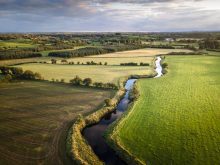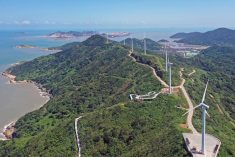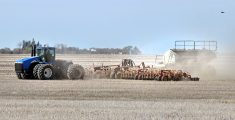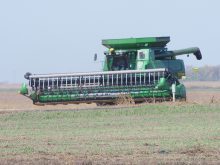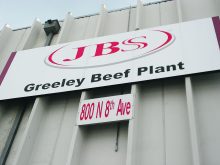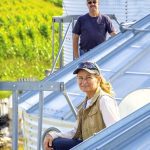How does an organization best known for manufacturing and distributing fossil fuels remain relevant and profitable in Canada’s emerging green economy?
For Federated Co-operatives Ltd., the transition starts with an ambitious plan and a bulk tank full of investment capital.
At the recent Food Fuel and Fertilizer Business Summit in Saskatoon, executives from FCL shared details of the company strategy.
“Consumers are really demanding that we’re … not just looking after our needs for today, but looking after the needs of consumers tomorrow, across the globe,” said Pam Skotnitsky, vice-president of strategy at FCL.
Read Also
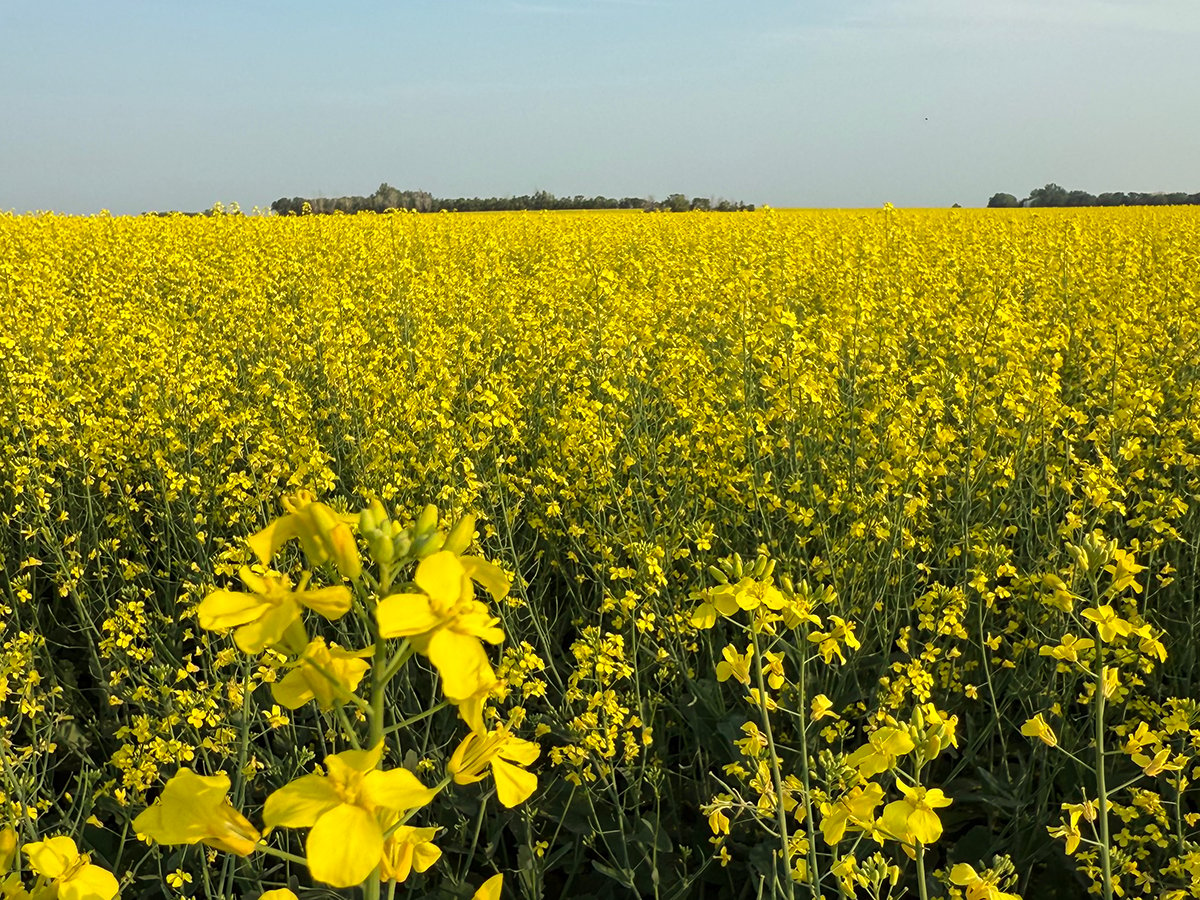
Canola support gets mixed response
A series of canola industry support measures announced by the federal government are being met with mixed reviews.
“So we’ve (developed) a road map and a plan that brings that to life.”
FCL’s “energy road map” is a multi-year plan that involves major investments in energy transition projects.
All told, the co-operative plans to invest nearly $4 billion on new infrastructure projects in the coming years, with the aim of reducing the organization’s overall emissions by 40 percent over 17 years.
Those investments include a $2.8 billion renewable diesel fuel plant in Regina, blending facilities and carbon capture projects at FCL’s ethanol and petroleum refinery facilities in Belle Plaine, Sask., and Regina.
It is projected that FCL’s green energy initiatives will allow the co-operative to capture about 1.5 million tonnes of carbon dioxide equivalent (C02e) per year by 2030, according to Patrick Bergermann, associate vice-president of FCL’s energy plan.
That’s the equivalent of removing 350,000 vehicles from western Canadian roads.
“They (voters) want to see action on climate change. So, we can complain about the regulatory burden all we want, but ultimately this is a signal from voters that they want to see action,” said Skotnitsky.
To some, FCL’s views on the green economy might seem alarming, particularly coming from an organization that supplies gasoline, diesel fuel, petroleum products and fertilizer to more than two million members across Western Canada.
But executives say they believe the plan will allow FCL to maintain and even strengthen its ties with farmers and rural communities.
FCL currently operates a petroleum refinery complex in Regina and an ethanol refinery complex at Belle Plaine, Sask. Fuels and lubricants produced at those facilities are distributed through a retail network that includes farm retails, gas bars, card locks, bulk fuel stations and terminals across Western Canada.
According to Gil Le Dressay, FCL’s vice-president of manufacturing, that network will serve as the supply chain for new “decarbonized” fuel products that contain a larger proportion of plant-based fuels, such as biodiesel and ethanol.
With the help of business partners, such as AGT Food & Ingredients Inc., the co-operative plans to source and process millions of tonnes of farm crops annually to produce new biofuels that can be blended into greener fuels.
“Agriculture is at the heart of biofuels manufacturing,” said Le Dressay.
“And Western Canada grows what we need for clean fuels manufacturing.”
FCL’s proposed biodiesel manufacturing plant, scheduled to be operational by 2027, will use canola and other feedstocks, such as used cooking oil and animal fat, to produce a non-petroleum biodiesel that can be blended with conventional diesel and burned in existing diesel engines with no impact on engine performance, Le Dressay said.
“The product will be blended with conventional diesel fuel in our refinery and other refineries and will be sold all across Western Canada,” he told the FFFBS audience in a Feb. 14 presentation.
“Renewable diesel is a 100 percent replacement fuel for fossil fuels… and there is minimal new infrastructure required.”
According to some biofuel advocates and researchers, the new fuel will have a significantly reduced carbon footprint, as much as 80 percent lower than petroleum-based diesel fuel.
Additional investments in FCL’s ethanol complex at Belle Plaine, including carbon capture and storage technologies, will combine to make FCL one of the greenest fuel companies in Canada and the world, Le Dressay said.
“We see our integrated ag complex as building a virtual circle with our farmers.”
“We provide them with inputs, crop supplies and fuel and now, we’ll purchase their outputs, their crops, giving them a secure place to sell, right here at home….”
The largest component of FCL’s green energy investment plan — the renewable diesel production unit, along with associated carbon capture and storage investments and a feedstock pre-treatment unit — is valued at nearly $2.8 billion.
Together, these facilities are expected to produce 15,000 barrels of hydrogenated renewable diesel fuel per day, said Bergermann.
“The investments in renewable diesel all across North America mean a tremendous opportunity for western Canadian farmers, particularly oilseed growers,” he said.
FCL’s biodiesel investment alone is projected to create 2,700 jobs during construction and 300 permanent full-time jobs once the biodiesel plant is operational.




